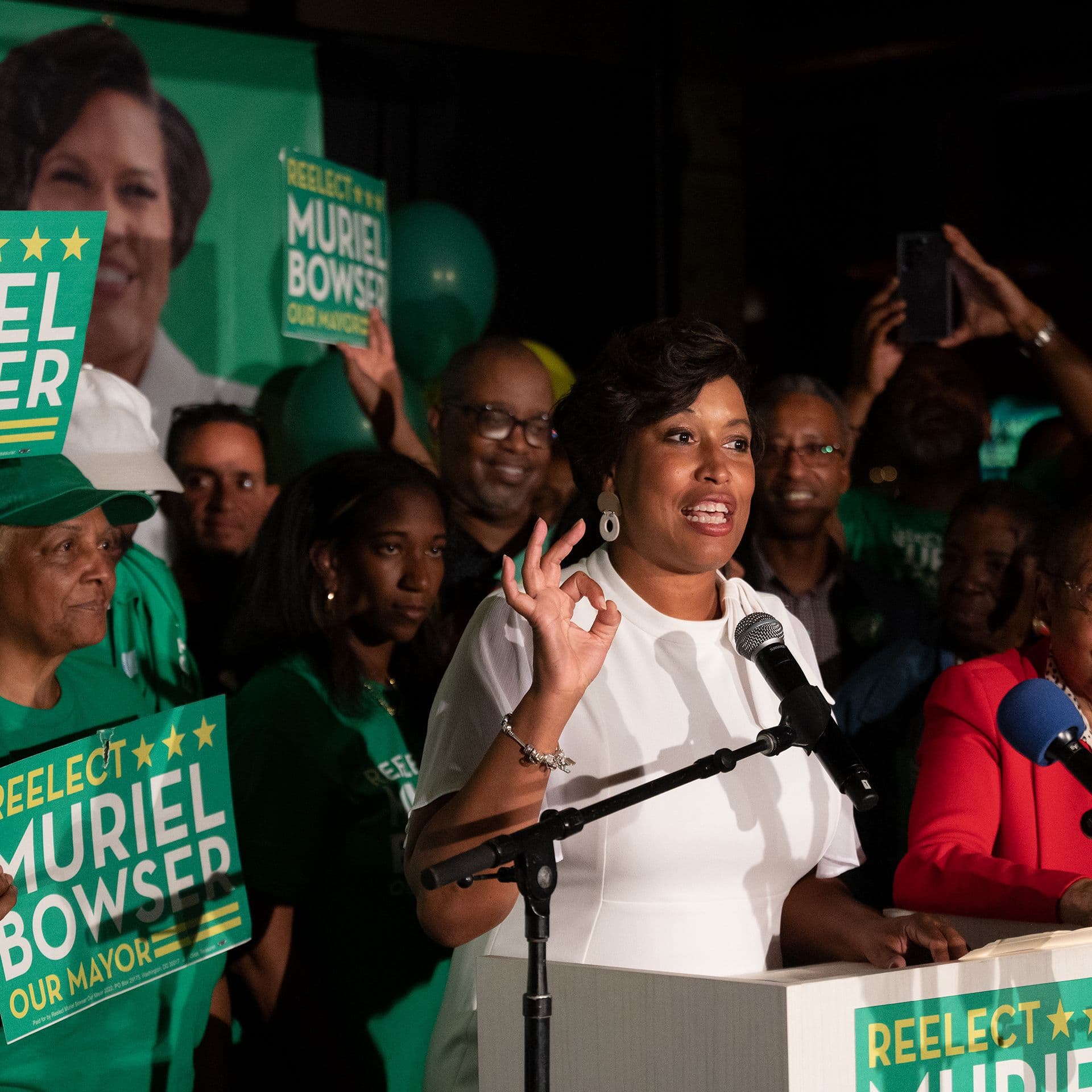Democratic Party Leader Faces Scrutiny Over Non-Endorsement in D.C. Mayoral Race

Washington D.C. – A prominent Democratic Party figure is facing sharp criticism for their decision not to endorse the party's duly elected mayoral nominee in the city where they reside. The critique, voiced by Dennis M. Hogan on August 17, 2025, highlights a perceived dereliction of duty within the party's leadership ahead of the upcoming 2026 mayoral election.
Hogan's social media post stated, "It’s actually inexcusable for the leader of the Democratic Party not to endorse his own party’s duly elected nominee for the mayorship of the city he lives in. Failed clown car of a controlled opposition." This direct challenge underscores growing internal tensions regarding party unity and strategic political support at the local level.
The District of Columbia's mayoral elections, held every four years, typically see strong Democratic Party dominance, with the next contest scheduled for November 2026. The incumbent, Muriel Bowser, a Democrat, is eligible for re-election and has historically secured significant voter support. The "duly elected nominee" mentioned by Hogan indicates that the Democratic primary process for the 2026 race has already concluded, selecting the party's candidate.
Presidential endorsements in local races are not uncommon, though their impact can vary. Historically, such endorsements aim to galvanize party support and provide a significant boost to a candidate's profile and fundraising efforts. However, some political analysts suggest that high-profile interventions can also backfire, potentially mobilizing opposition or creating a "backlash effect" among voters wary of national political figures influencing local dynamics.
The decision by a sitting U.S. President, widely understood to be the "leader of the Democratic Party," to withhold an endorsement in their home city's mayoral race is unusual. This stance contrasts with the traditional role of party leaders in consolidating support behind their nominees, particularly in an overwhelmingly Democratic stronghold like Washington D.C. Recent trends in political endorsements, such as major news outlets like The Washington Post and the Los Angeles Times opting against presidential endorsements in 2024, and the Teamsters Union withholding their support, reflect a broader landscape of evolving political strategies and increased scrutiny of traditional endorsements.